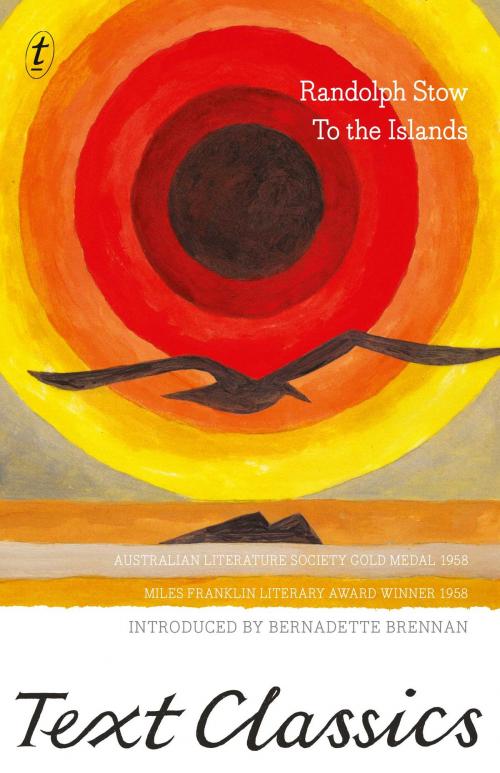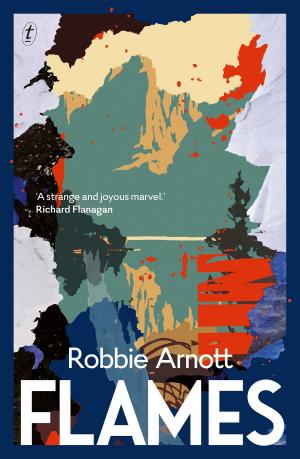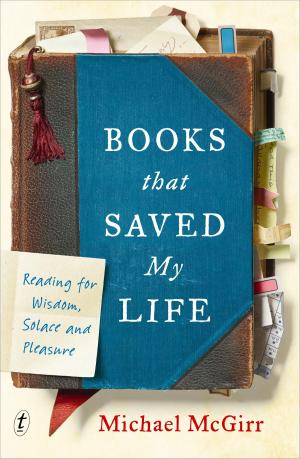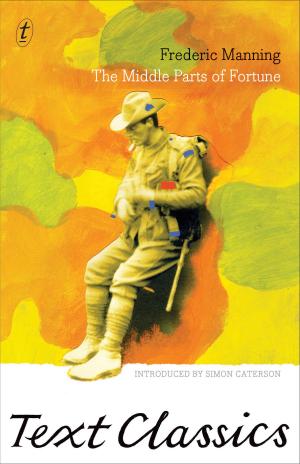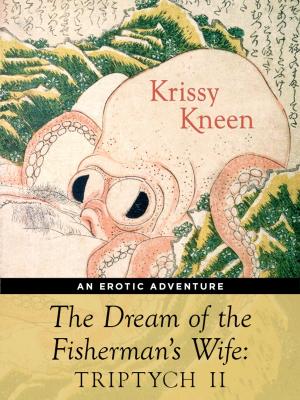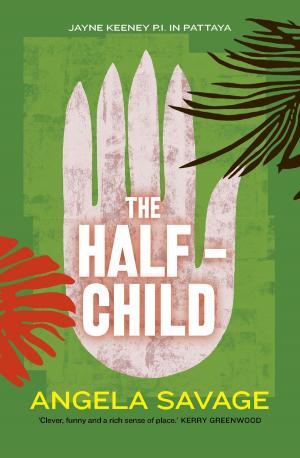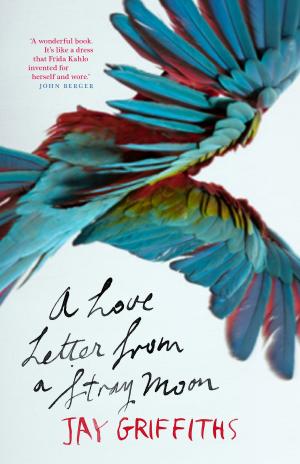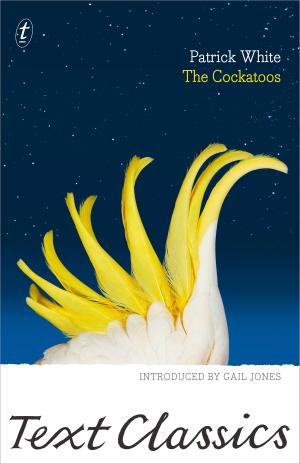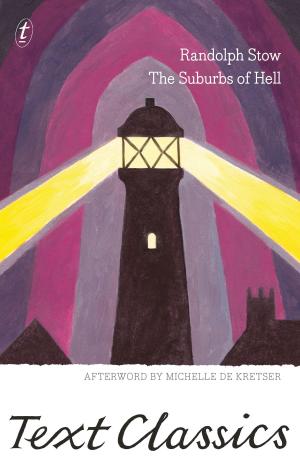| Author: | Randolph Stow | ISBN: | 9781922253101 |
| Publisher: | The Text Publishing Company | Publication: | August 26, 2015 |
| Imprint: | Text Publishing | Language: | English |
| Author: | Randolph Stow |
| ISBN: | 9781922253101 |
| Publisher: | The Text Publishing Company |
| Publication: | August 26, 2015 |
| Imprint: | Text Publishing |
| Language: | English |
Behind the uneasy trees rose the hills, and beyond them again the country of the lost, huge wilderness between this last haunt of civilization and the unpeopled sea.
Exhausted and losing faith, an Anglican minister flees his mission in Australia’s northwest for the vast emptiness of the outback. In the soul country of the desert the old man searches for the islands of the Aboriginal dead, reflecting on past transgressions and on his life’s work. A Lear-like tale of madness and destruction, published when Randolph Stow was only twenty-two, To the Islands is compelling and wise—a poetic masterpiece.
Julian Randolph ‘Mick’ Stow was born in Geraldton, Western Australia, in 1935. He attended local schools before boarding at Guildford Grammar in Perth, where the renowned author Kenneth Mackenzie had been a student.
While at university he sent his poems to a British publisher. The resulting collection, Act One, won the Australian Literature Society’s Gold Medal in 1957—as did the prolific young writer’s third novel, To the Islands, the following year. To the Islands also won the 1958 Miles Franklin Literary Award. Stow reworked the novel for a second edition almost twenty-five years later, but never allowed its two predecessors to be republished.
He worked briefly as an anthropologist’s assistant in New Guinea—an experience that subsequently informed Visitants, one of three masterful late novels—then fell seriously ill and returned to Australia. In the 1960s he lectured at universities in Australia and England, and lived in America on a Harkness fellowship. He published his second collection of verse, Outrider; the novel Tourmaline, on which critical opinion was divided; and his most popular fiction, The Merry-Go-Round in the Sea and Midnite.
For years afterwards Stow produced mainly poetry, libretti and reviews. In 1969 he settled permanently in England: first in Suffolk, then in Essex, where he moved in 1981. He received the 1979 Patrick White Award.
Randolph Stow died in 2010, aged seventy-four. A private man, a prodigiously gifted yet intermittently silent author, he has been hailed as ‘the least visible figure of that great twentieth-century triumvirate of Australian novelists whose other members are Patrick White and Christina Stead’.
Praise for To the Islands
‘To the Islands is a deeply moving and compassionate novel whose message and wisdom is still important today, which is why it deserves to be recognised as an important work of Australian literature.’ Conversation
‘To the Islands is a masterpiece.’ ANZ LitLovers
‘Powerful and convincing…An Australian classic.’ Anthony J. Hassal
Behind the uneasy trees rose the hills, and beyond them again the country of the lost, huge wilderness between this last haunt of civilization and the unpeopled sea.
Exhausted and losing faith, an Anglican minister flees his mission in Australia’s northwest for the vast emptiness of the outback. In the soul country of the desert the old man searches for the islands of the Aboriginal dead, reflecting on past transgressions and on his life’s work. A Lear-like tale of madness and destruction, published when Randolph Stow was only twenty-two, To the Islands is compelling and wise—a poetic masterpiece.
Julian Randolph ‘Mick’ Stow was born in Geraldton, Western Australia, in 1935. He attended local schools before boarding at Guildford Grammar in Perth, where the renowned author Kenneth Mackenzie had been a student.
While at university he sent his poems to a British publisher. The resulting collection, Act One, won the Australian Literature Society’s Gold Medal in 1957—as did the prolific young writer’s third novel, To the Islands, the following year. To the Islands also won the 1958 Miles Franklin Literary Award. Stow reworked the novel for a second edition almost twenty-five years later, but never allowed its two predecessors to be republished.
He worked briefly as an anthropologist’s assistant in New Guinea—an experience that subsequently informed Visitants, one of three masterful late novels—then fell seriously ill and returned to Australia. In the 1960s he lectured at universities in Australia and England, and lived in America on a Harkness fellowship. He published his second collection of verse, Outrider; the novel Tourmaline, on which critical opinion was divided; and his most popular fiction, The Merry-Go-Round in the Sea and Midnite.
For years afterwards Stow produced mainly poetry, libretti and reviews. In 1969 he settled permanently in England: first in Suffolk, then in Essex, where he moved in 1981. He received the 1979 Patrick White Award.
Randolph Stow died in 2010, aged seventy-four. A private man, a prodigiously gifted yet intermittently silent author, he has been hailed as ‘the least visible figure of that great twentieth-century triumvirate of Australian novelists whose other members are Patrick White and Christina Stead’.
Praise for To the Islands
‘To the Islands is a deeply moving and compassionate novel whose message and wisdom is still important today, which is why it deserves to be recognised as an important work of Australian literature.’ Conversation
‘To the Islands is a masterpiece.’ ANZ LitLovers
‘Powerful and convincing…An Australian classic.’ Anthony J. Hassal
